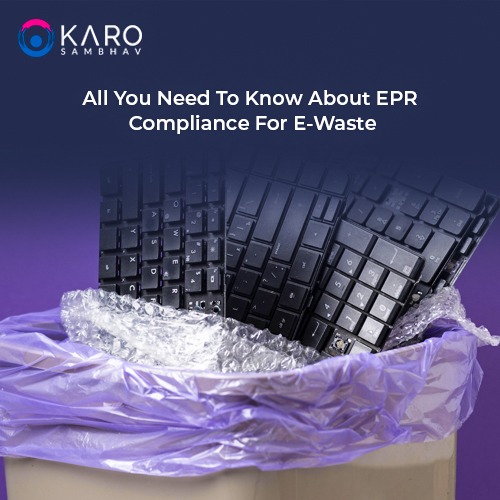Navigating Environmental Laws with EPR Consulting
As more businesses seek to
reduce their environmental impact, Extended Producer Responsibility (EPR)
services are becoming increasingly popular. EPR services require companies to
take responsibility for a product's entire lifecycle, from design to disposal.
This includes ensuring that products are easily recyclable or biodegradable,
and providing consumers with information on how to properly dispose of
them.
EPR solutions are particularly important for bulk consumers, like manufacturers and retailers, who produce large quantities of products that may have a significant impact on the environment. EPR consultants can assist these businesses in navigating the complex environmental laws related to product design, labelling, and disposal. They can also help businesses develop EPR programs that meet regulatory requirements and promote sustainability.
EPR consulting offers a variety of services, including auditing and compliance assessments, program design and implementation, and stakeholder engagement. They can help businesses identify opportunities to reduce waste and conserve resources, and provide guidance on best practices for product design and packaging.
One of the key benefits of EPR services is that they can help businesses reduce costs by improving efficiency and reducing waste. By designing products that are easily recyclable or biodegradable, businesses can decrease the amount of waste they produce and save money on disposal costs. EPR programs can also help businesses meet regulatory requirements and avoid fines or legal action.
Aside from the benefits for businesses, EPR services also have a positive impact on the environment. By promoting sustainability and reducing waste, EPR programs help to conserve natural resources and decrease greenhouse gas emissions.
Overall, EPR consulting is a valuable tool for businesses looking to navigate the complex environmental laws related to product design and disposal. EPR solutions can help businesses reduce costs, improve efficiency, and promote sustainability, while also having a positive impact on the environment.



Comments
Post a Comment